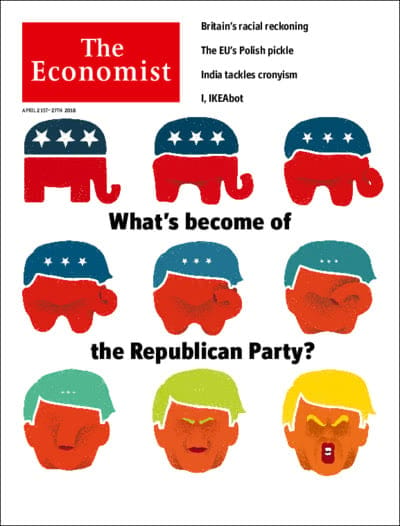Economists still lack a proper understanding of business cycles
The second in our series on the shortcomings of the economics profession

THE aftermath of the 2007-08 financial crisis ought to have been a moment of triumph for economics. Lessons learned from the 1930s prevented the collapse of global finance and trade, and resulted in a downturn far shorter and less severe than the Depression. But even as the policy remedies were helpful, the crisis exposed the economic profession’s continued ignorance of the business cycle. That is bad news not just for the discipline, but for everyone.
The aim of those studying the macroeconomy has always been to understand the economy’s wobbles, and to work out when governments should intervene. That is not easy. Downturns come often enough to be a serious irritant, but not often enough to give economists sufficient data for rigorous statistical analysis. It is hard to distinguish between short-run swings and structural economic changes resulting from demography or technology. Most classical economists were sceptical of the idea that the macroeconomy needed much oversight at all.
This article appeared in the Finance & economics section of the print edition under the headline “Diminished expectations”
Finance & economics April 21st 2018
- After a good run of growth, China’s economy braces for bumps
- A Victorian survivor
- Tax cuts and higher interest rates help boost banks’ earnings
- Coco bonds have not lived up to their promise
- Indicators that signal financial-market trouble are flashing
- America’s Treasury refrains from naming any currency manipulators
- Hong Kong defends its dollar peg in both directions
- Economists still lack a proper understanding of business cycles
More from Finance and economics

Is America approaching peak tip?
The country’s gratuity madness may soon calm, so long as Donald Trump does not get his way

America’s rich never sell their assets. How should they be taxed?
It is tempting to tax them during their lives. It is wiser to do so after their deaths

Indian state capitalism looks to be in trouble
A weakened Narendra Modi is bad news for investors in government-controlled firms

